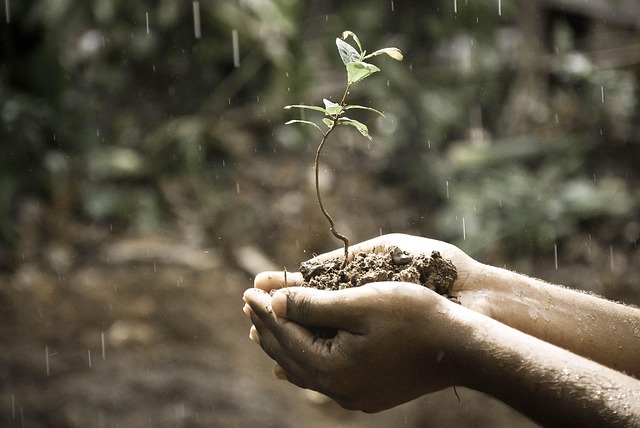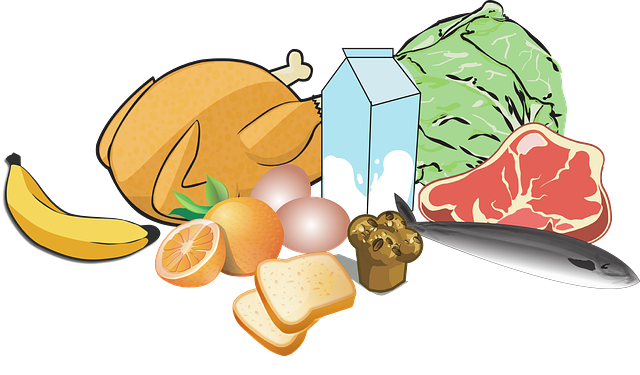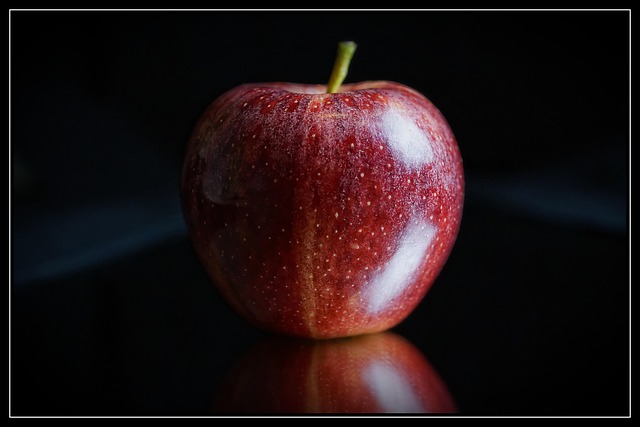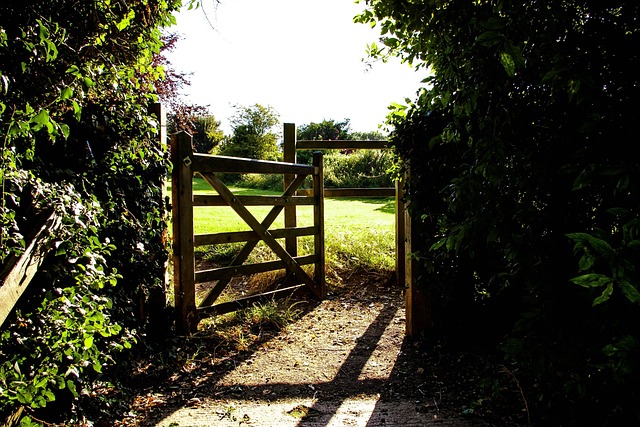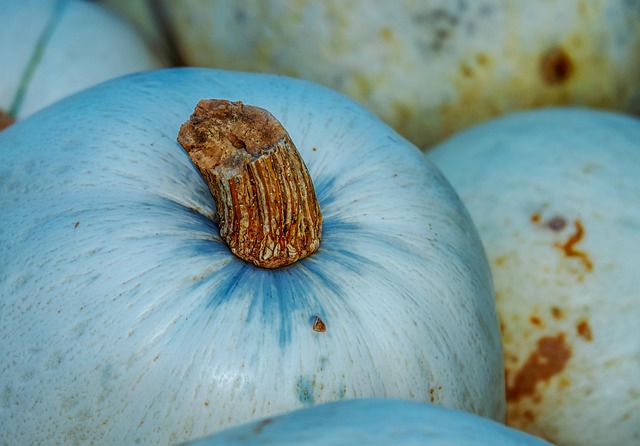Compost creation offers garden enthusiasts a powerful tool for enhanced soil health, reduced yard waste removal costs, and environmental sustainability. By recycling organic materials like food scraps, lawn clippings, and dry leaves, compost enriches soil with essential nutrients, improves structure and water retention, promoting robust plant growth. Efficient Yard Waste Removal and Recycling starts with separating organics from non-biodegradables, regular mowing, and using mulching mowers. Strategic recycling practices, diversifying green and brown materials, proper sorting, preparation, and turning the compost pile further enhance its quality, supporting garden soil health and promoting ecological sustainability.
“Unleash the power of compost for your garden with our comprehensive guide. Discover how this natural wonder transforms yard waste into a nutrient-rich resource, benefiting your plants and soil health. We explore the art of composting, from understanding its creation to effective techniques for yard waste removal and recycling. Learn tips to maximize compost quality and turn your garden enthusiasts’ dreams into reality. Embrace sustainability and watch your garden flourish.”
- Understanding Compost Creation: Benefits and Basics for Gardeners
- Effective Yard Waste Removal Techniques to Fuel Your Compost Pile
- Recycling Tips for Garden Enthusiasts: Maximizing Compost Quality
Understanding Compost Creation: Benefits and Basics for Gardeners

Compost creation is a powerful tool for garden enthusiasts, offering numerous benefits that extend far beyond organic matter management. By understanding the basics of compost creation and incorporating it into their routines, gardeners can significantly enhance soil health, reduce yard waste removal costs, and contribute to environmental sustainability. Compost enriches the soil with essential nutrients, improving its structure and water retention capacity, which in turn promotes robust plant growth and overall ecosystem balance.
The process involves collecting organic materials like food scraps, lawn clippings, and dry leaves, then allowing them to decompose naturally. This recycling of yard waste not only minimizes landfill contributions but also provides a free, natural fertilizer for gardens. By embracing compost creation, gardeners can foster a more sustainable approach to their green spaces, ensuring healthier plants and contributing to a greener planet.
Effective Yard Waste Removal Techniques to Fuel Your Compost Pile

For garden enthusiasts, effective yard waste removal and recycling are essential components of maintaining a healthy compost pile. The first step in this process involves separating organic materials from non-biodegradables. Organic matter such as leaves, grass clippings, and food scraps can be collected and added to your compost bin. This not only reduces the amount of waste sent to landfills but also provides valuable nutrients for your garden.
Implementing strategic yard waste removal techniques ensures a steady supply of material for composting. Regularly mowing grass and trimming shrubs not only keeps your garden tidy but also prevents large debris from piling up, which can slow down the decomposition process. Additionally, using mulching mowers to chop up grass clippings into smaller pieces increases their surface area, speeding up their transformation into compost. This holistic approach to yard waste removal and recycling is beneficial for both the environment and your gardening efforts.
Recycling Tips for Garden Enthusiasts: Maximizing Compost Quality

Garden enthusiasts can significantly enhance their compost quality by implementing strategic recycling practices. One effective tip is to diversify materials, ensuring a mix of green and brown elements. Green materials, such as vegetable scraps, coffee grounds, and grass clippings, provide essential nitrogen. Brown materials, like dry leaves, shredded paper, and wood chips, add much-needed carbon. Balancing these components creates optimal conditions for composting.
Additionally, proper sorting and preparation are crucial for effective yard waste removal and recycling. Separate organic waste from non-biodegradables to prevent contamination. Chopping or shredding materials before adding them to the compost pile can speed up decomposition. Regular turning of the pile also facilitates aeration, resulting in cleaner, healthier compost that benefits garden soil and overall ecological sustainability.
Compost creation is a sustainable practice that allows garden enthusiasts to transform organic yard waste into a valuable resource. By understanding the benefits and implementing effective techniques, such as efficient yard waste removal and recycling, gardeners can enhance soil health and contribute to a greener environment. Incorporating these methods into your gardening routine ensures a consistent supply of rich compost, fostering plant growth and a vibrant garden ecosystem.


